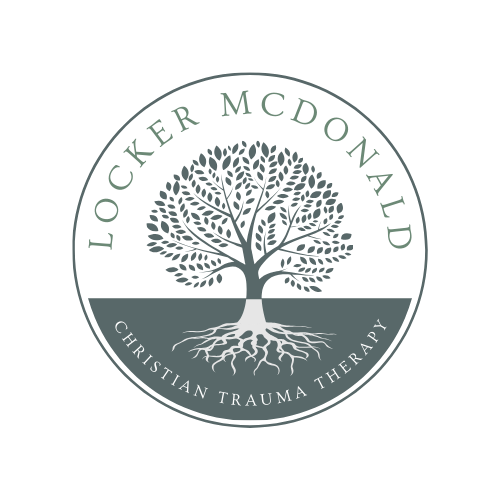
Depression
Depression is more than just feeling sad or having a bad day. It’s a persistent condition that can affect every aspect of life, making it difficult to find joy, focus, or even complete daily tasks. Common symptoms include feelings of emptiness, hopelessness, or worthlessness, fatigue, difficulty concentrating, changes in appetite or sleep patterns, and a loss of interest in things you once enjoyed.
For many, depression doesn’t exist in isolation—it often has deep connections to past trauma. Experiences such as abuse, neglect, loss, or even subtle but persistent patterns of invalidation can leave emotional wounds that manifest as depression. Trauma disrupts the way our brains process emotions and memories, often leaving us stuck in cycles of pain, shame, and disconnection.
If you’ve been wondering whether you might be experiencing depression, ask yourself:
- Are these feelings affecting my daily life or relationships?
- Have they lasted longer than two weeks?
- Do I feel unable to “snap out of it,” no matter what I try?
Recognizing depression is the first step toward healing. With support, you don’t have to face it alone. Counseling offers a safe space to uncover the roots of your depression, process trauma, and build a path toward renewed hope and resilience.
Effective treatment for depression often involves a combination of therapy, lifestyle changes, and sometimes medication. Talk therapy, including approaches like Cognitive Behavioral Therapy (CBT) and Dialectical Behavior Therapy (DBT), can help identify negative thought patterns and develop healthier ways of coping. My specific approach integrates trauma-informed techniques, such as Eye Movement Desensitization and Reprocessing (EMDR) to address the underlying wounds that contribute to depression. For clients who prefer it, I also offer a faith-based perspective, integrating Christian spirituality to promote healing and restoration. Together, we’ll create a personalized plan to help you rediscover peace, purpose, and joy.
